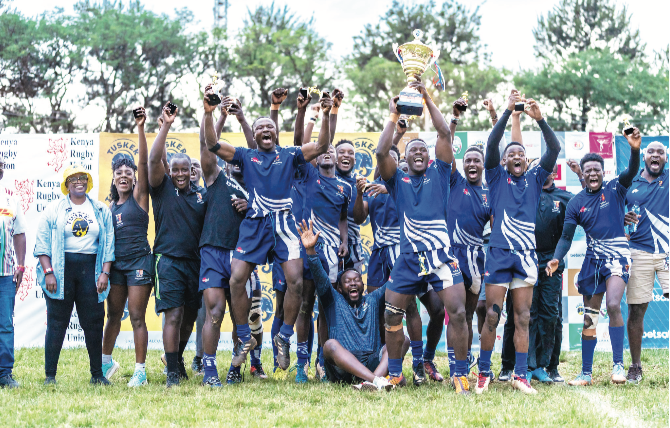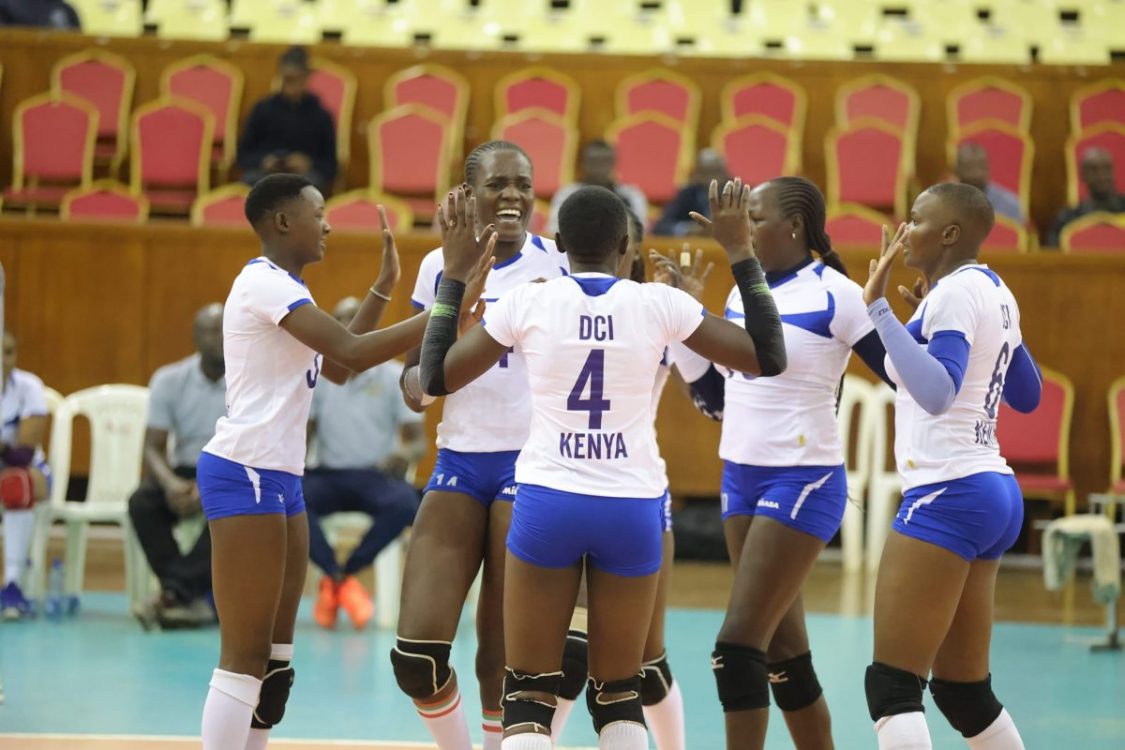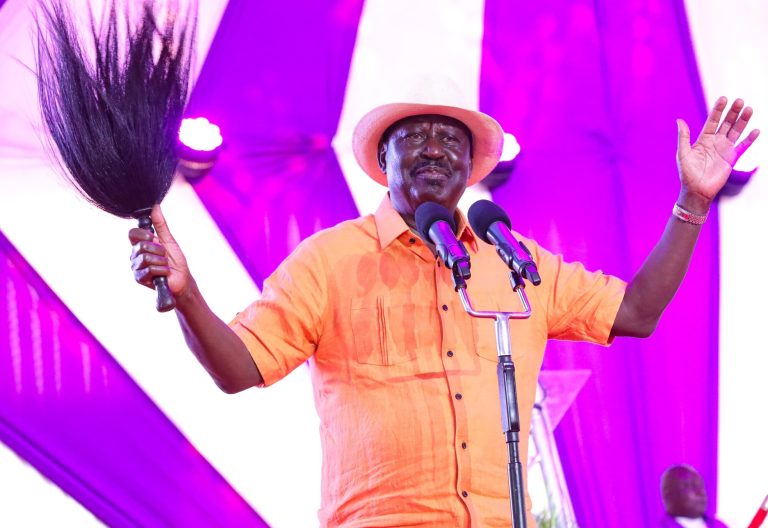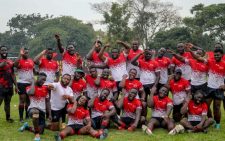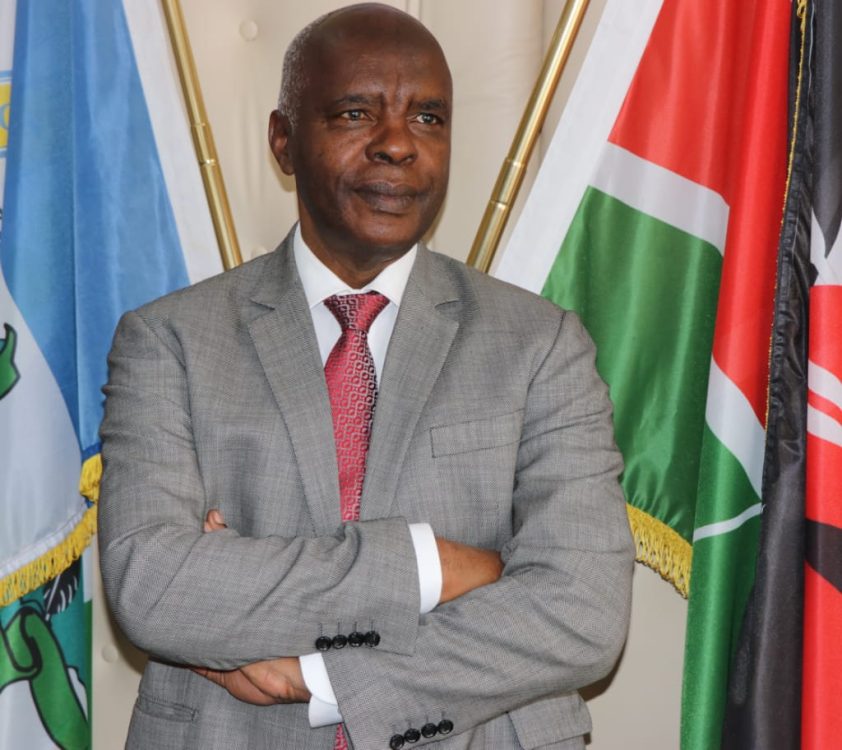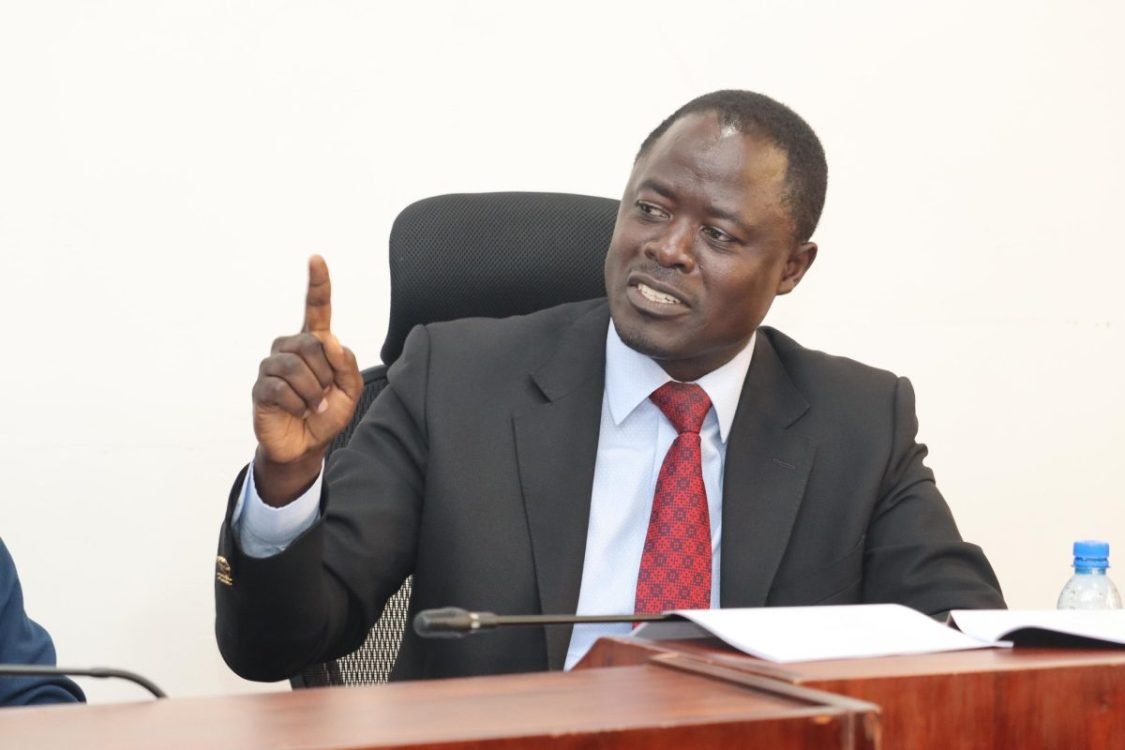Millie Odhiambo sheds light on her Assisted Reproductive Technology Bill that is before parliament
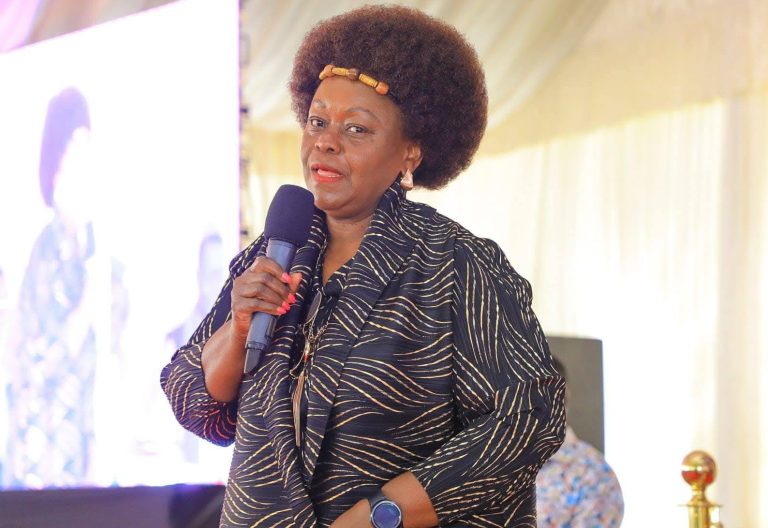
Suba North Member of Parliament (MP) Millie Odhiambo has shed light on the Assisted Reproductive Technology (ART) Bill that she is sponsoring.
The bill, if passed and assented to by the President, will address the challenges faced by individuals struggling with fertility issues in Kenya by providing them with access to modern reproductive technology.
In a media interview on Tuesday, June 10, 2025, Odhiambo elaborated on the key provisions of the bill, outlining how it aims to make ART more accessible and affordable for Kenyans.
One of the most significant points raised by Odhiambo is the cost of assisted reproductive procedures, such as in vitro fertilisation (IVF), which is currently estimated to cost $4500 in Kenya.
She emphasised that, if the bill becomes law, it will be the government’s responsibility to integrate ART into the country’s health system, with the possibility of devolving the services to county levels.
This, she said, would significantly lower the costs for the public, making the technology more accessible to a larger number of people.
Foreign income
Odhiambo further argued that institutionalising ART in Kenya would not only help local couples but also attract people from other countries who are seeking fertility treatment.
This could turn Kenya into a hub for reproductive tourism, thereby generating additional revenue for the country.
She pointed out that many Kenyans currently seek fertility treatment abroad due to the high costs and lack of available services locally.
“One of the things that we are trying to do with the assisted reproduction is that if you make it a law, you are obligating the government to make it part of the system, and if it makes it part of the system, including taking it to the counties, then it should be received at a much lower price,” Millie said.
Another aspect of the bill that Odhiambo highlighted was the training of specialists, particularly embryologists, who are essential for carrying out ART procedures.
She noted that the shortage of such specialists in Kenya is partly due to ART being in the hands of the private sector, which has limited capacity for training.
However, she explained that the bill has provisions for the government to take over the responsibility of training these specialists, ensuring a sustainable workforce in the sector.
Stigma involving ART
The bill also seeks to tackle the stigma surrounding couples who are unable to conceive naturally.
Odhiambo emphasised that many such couples face discrimination and judgement, particularly from religious communities.
She expressed hope that the bill would help normalise the conversation around fertility issues, making it more acceptable for individuals to seek assistance without fear of societal backlash.
In her defence of the bill, Odhiambo made it clear that it does not conflict with religious or cultural practices.
ART among the Luo
She referenced traditional African practices, such as surrogacy in the Luo community, where a woman unable to bear children would allow her husband to marry another woman to produce offspring.

She argued that traditional surrogacy was an early form of assisted reproduction, and it’s time to create a modern framework that allows men and women with fertility challenges to have children in a way that respects both cultural traditions and modern scientific advancements.
“We don’t have a legal framework dealing with assisted reproduction. AST does not go against religion, although some people fear that it does due to the issue of surrogacy. It provides for the issue of surrogacy, which is available in most of our traditional cultures. In the Luo culture, for instance, a woman who had no child was allowed to let the man marry another woman to have children.” Millie added.
Odhiambo concluded by stating that the bill is a progressive step towards providing equal reproductive opportunities for all, ensuring that individuals struggling with fertility have access to the necessary resources and support to build families.




